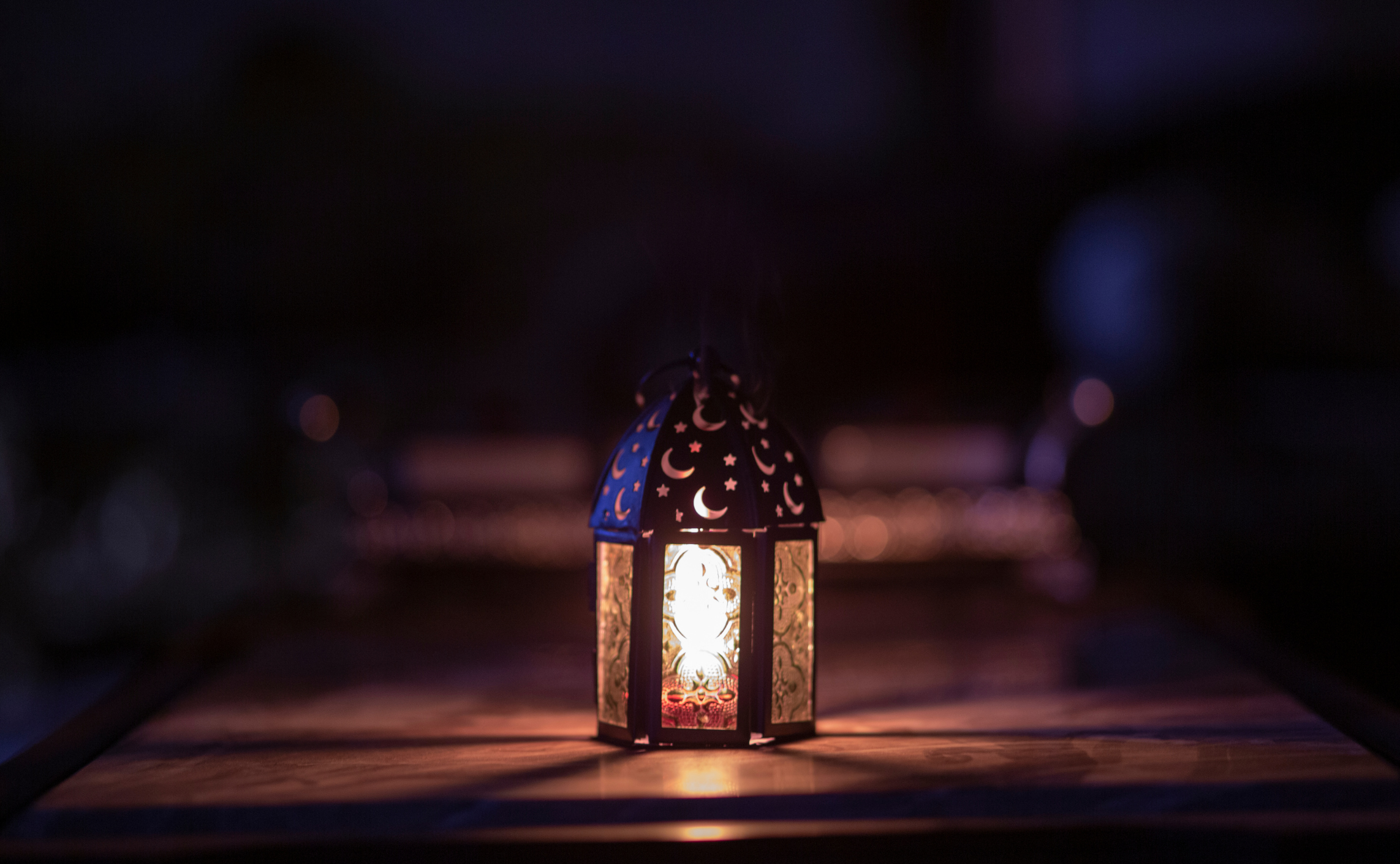
Ramadan is a Muslim holy month observed by over 1.6 billion people worldwide. It’s the ninth month of the Islamic calendar, honored as a time for prayer and fasting.
Muslims who take part in Ramadan typically fast, which means eating only before dawn or after sunset during the 30-day period. At the conclusion of Ramadan is a special celebratory meal eaten during what’s known as ‘Eid-ul-Fitr’ or the Festival of the Breaking of the Fast. This is also the first meal eaten in the daytime once the period ends.
Typically, adults and children over a certain age participate with exceptions for those who are expecting, breastfeeding or have medical conditions that prevent their ability to fast. However, Muslims with type 2 diabetes often seek a safe way to fast while still maintaining safe glucose levels.
Fasting with type 2 diabetes
When you’re fasting for longer periods of time (like 12 hours or more) your body doesn’t produce as much insulin as it normally does. Your body will eventually start burning excess glucose as a result.
Tips for fasting during Ramadan:
Make sure you’re drinking enough water in the hours it’s permitted. Water intake while after sunset and before dawn fasting is especially important to keep your energy in check. It also helps to keep your body (and organs) running at optimal levels. Stay hydrated by drinking plenty of water and consuming other hydrating liquids during your eating window.
Pro tip: When you are eating, try consuming foods with a high-water content as an easy hack to help you stay hydrated.
Check your glucose levels. Be sure to check in with your body and stay mindful of glucose levels during periods of fasting. It’s helpful to see how your body reacts, especially when you are eating. If you have questions, reach out to your Level2 care team in the chat tab in the Level2 app for support.
Be mindful of your portions. For some, it’s easy to overeat after long periods of fasting. However, this could lead to spikes in your glucose levels, tiredness and even weight gain. The goal is to keep your portion sizes in check. You can do this by focusing on a ratio that includes ½ vegetables, ¼ healthy carbohydrates and ¼ protein.
Healthy foods when you eat. Simply put, when it’s time to eat, make sure you are eating and taking in healthy foods. Push to eat foods that include some of your key nutrients, especially fiber and protein to replenish your body.
Your Level2 care team are here to support as you observe Ramadan this season. If you have concerns, don’t hesitate to reach out.
Apr. 27 2022